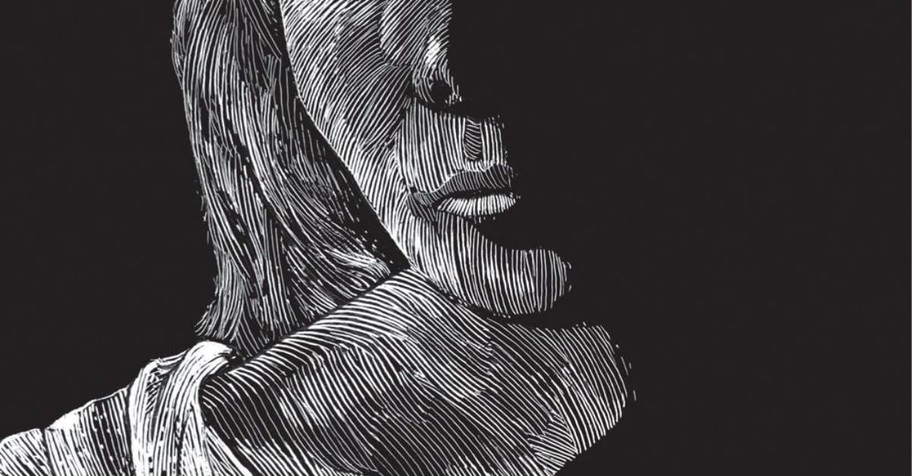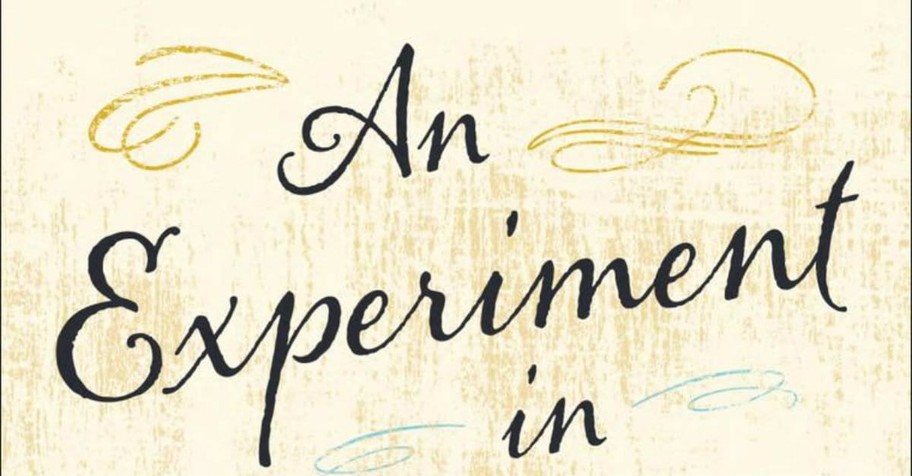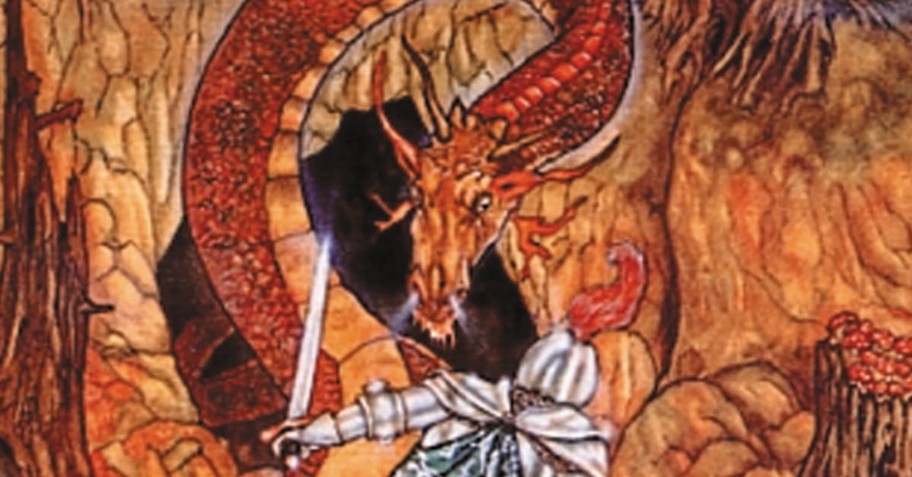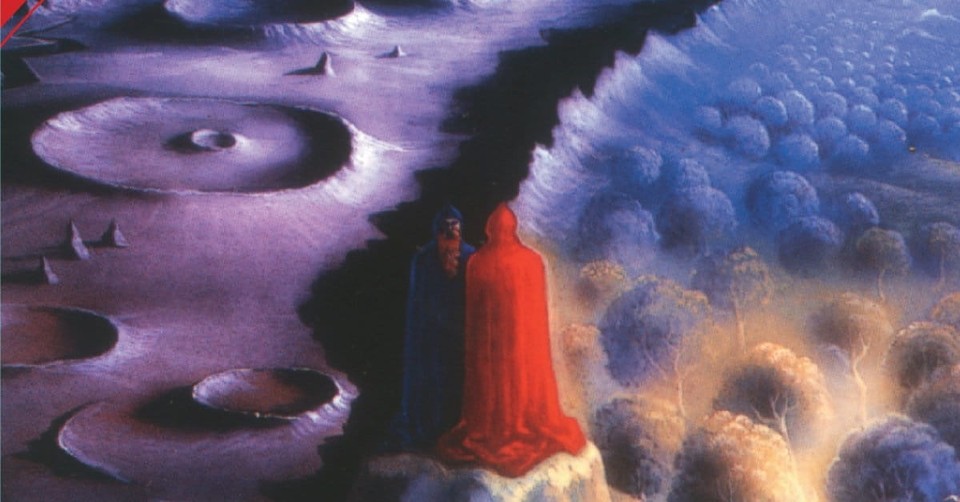Clive Staples Lewis (or C.S. Lewis as he’s more commonly known) was one of the most brilliant and prolific authors of his age. How many children have grown up reading The Chronicles of Narnia? What’s more, where would Christian academia be today without the extraordinary insights from books like The Great Divorce or The Four Loves? Practically every Christian, from Church leaders to layman, has read a C.S. Lewis book in their pursuit of God.
And yet, for all his popularity, some of Lewis’ best works have managed to slip through our fingers. Sure, everyone knows about The Lion, the Witch, and The Wardrobe, and nearly every seminary student pretends to have read Mere Christianity, but what about the stories which have gone perpetually unnoticed?
Here are 5 fantastic book by C.S. Lewis which you probably haven’t read:

1. Till We Have Faces
Till We Have Faces was one of the last fictional novels written by C.S. Lewis, and was done so in conjunction with his wife, Joy Davidman. The story is an elaborate retelling of the myth Cupid and Psyche, and is written from the perspective of Psyche’s older sister, Orual. Despite the use of Greek gods, Till We Have Faces is a radical exploration of what it means to love, lose, and wrestle with the divine nature. Lewis even introduced themes of loneliness, celibacy, and beauty into his work which still prove relevant for today' readers. While Lewis considered this novel his best and most accomplished work, it has frequently gone overlooked by Christian readers, allegedly due to its use of mythology.

2. The Space Trilogy
Technically three books, the Space Trilogy (which includes the novels Out of the Silent Planet, Perelandra, and That Hideous Strength) was Lewis’ early foray into the realm of science fiction. The first book introduces readers to a man name Elwin Ransom who travels to Mars and discovers that Earth has been exiled from the rest of the solar system. Like his Narnia series, Lewis used the Space Trilogy to illustrate the fall and restoration of mankind through a different lense. Much of the first novel is given over to the consequences of sin, while its successors investigate the spiritual forces at work in our galaxy. While the trilogy has been well-received by fans, many readers have ignored the Space books in favor of Lewis’ younger and more popular series, The Chronicles of Narnia.

3. An Experiment in Criticism
Unlike the vast majority of his work, this rare Lewis tome doesn’t involve discussions on theology, which probably explains its sheer anonymity. Instead, An Experiment in Criticism details the author’s thoughts on reading and how all books should be read. Lewis proposes that all people can be divided into two categories of readers: unliterary and literary. Unliterary readers focus on the completion of a novel over its substance, while a literary reader will return to books over and over again to soak up new ideas. Educational and oddly charming, An Experiment in Criticism is one Lewis book which certainly deserves more praise.

4. The Pilgrim’s Regress
This allegorical fiction novel is said to be the first book Lewis published after converting to Christianity in 1933. Based on the classic Bunyan novel, The Pilgrim’s Progress, The Pilgrim’s Regress recasts the story with political, philosophical, and ideological principles which were common in the early 20th century. These include references to communism, fascism, and the flourishing Nazi movement that occurred during the author's lifetime. While the novel can be a bit heavy-handed, it still serves as a warning to the dangers of fascistic nihilism, and its story provides an interesting foil to Bunyan’s original work.

5. A Grief Observed
One of the last books Lewis ever wrote, A Grief Observed is a collection of journal entries Lewis made following the death of his wife in 1960. Though one of his strongest books, many scholars have chosen to focus on earlier works where Lewis favored intellectualism over raw emotion. The book was originally published under a pseudonym because Lewis wished to remain anonymous, but after his own death in 1963, the text was republished with his true name attached. What makes A Grief Observed so profound is its intimacy. Throughout the pages Lewis vents and explores his grief, even going so far as to challenge some of his earlier beliefs as seen in books like The Problem with Pain. Ultimately, Lewis’ experience with loss redefines his relationship with God: creating gratitude for having received the gift of true love.
*Published 3/23/2018
Originally published March 23, 2018.







